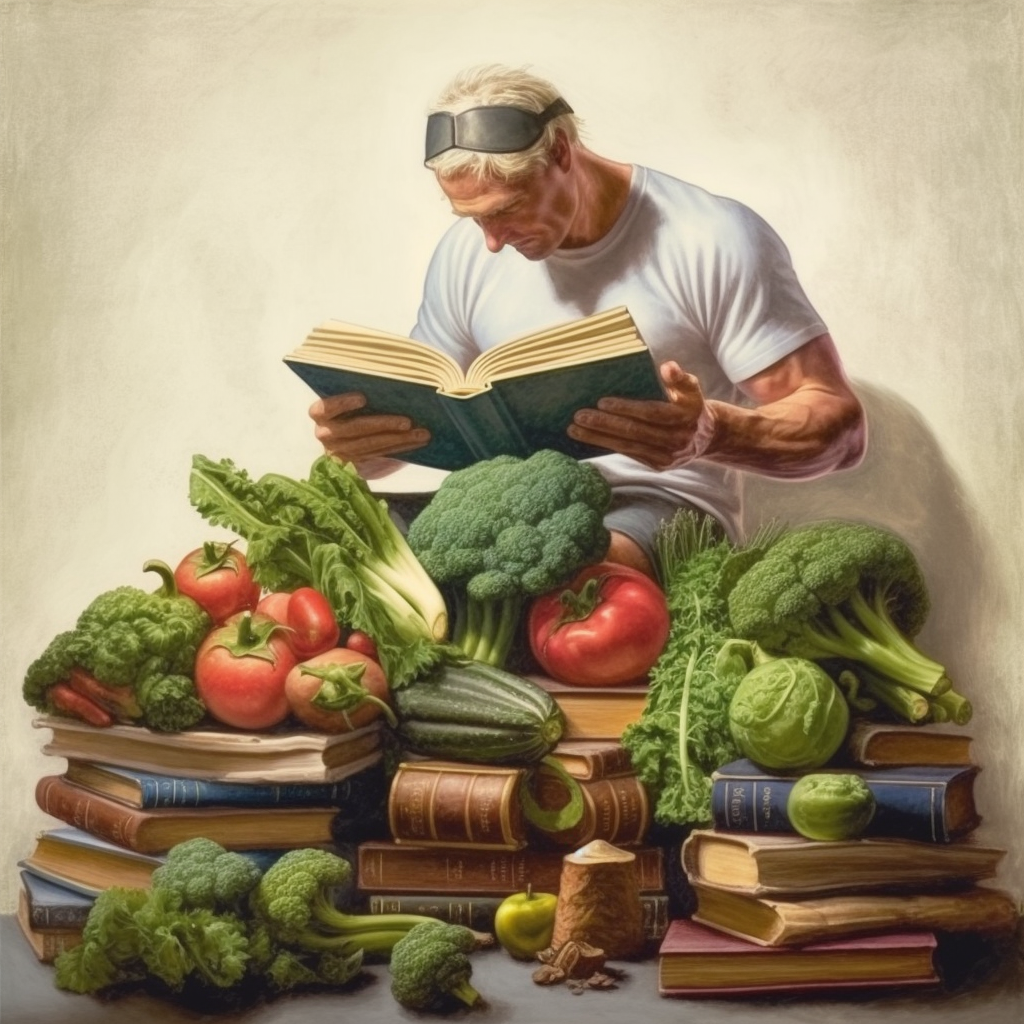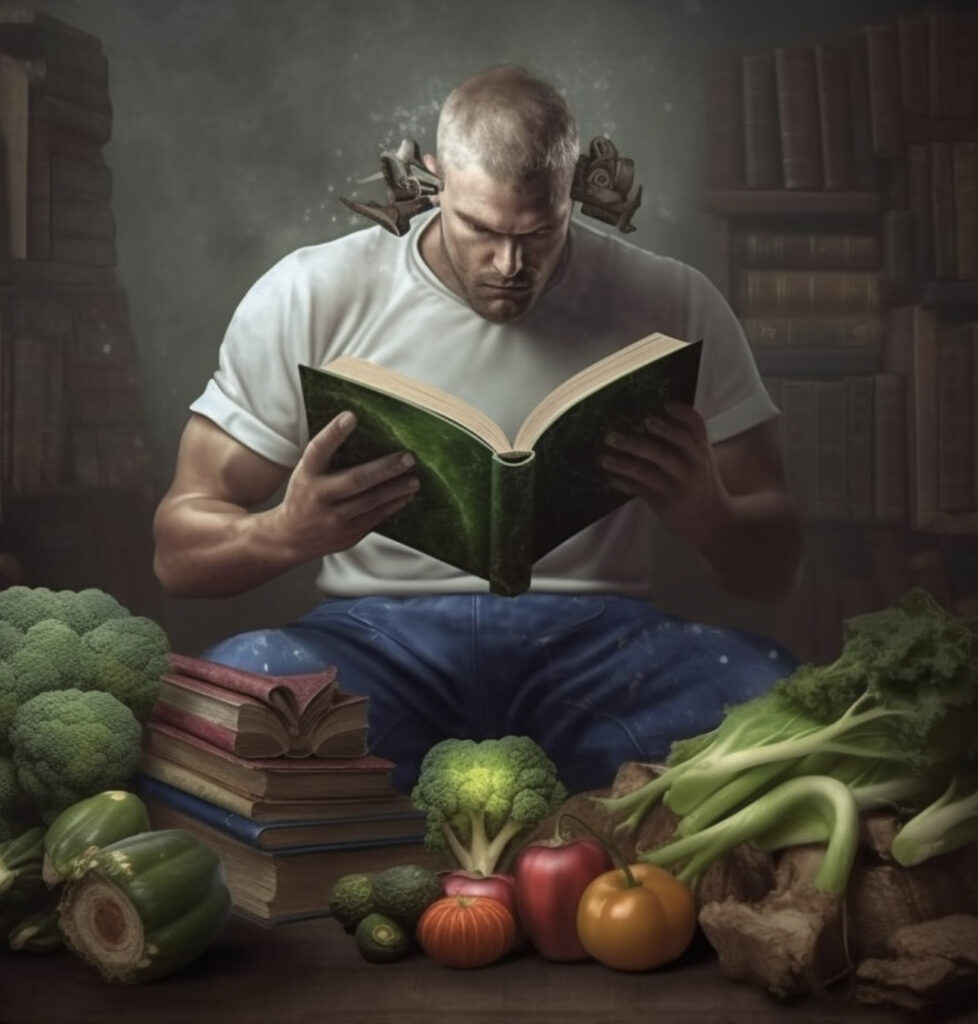Introduction:
Marriage is often portrayed as a union of two souls, an eternal bond filled with love, trust, and happiness. However, wise individuals have long understood the importance of approaching marriage with a realistic perspective. The saying, “Keep your eye wide open before marriage, keep it half-shut afterward,” encapsulates this wisdom. It encourages individuals to be discerning and observant before committing to a lifelong partnership, while also acknowledging the need for acceptance and compromise once the commitment is made. This article aims to delve deeper into this age-old adage, providing examples and references to emphasize the importance of balancing perception and expectation in relationships.
Understanding the Adage:
“Keep your eye wide open before marriage, keep it half-shut afterward” suggests that individuals should exercise a keen awareness of their partner’s qualities, flaws, and compatibility before entering into marriage. It highlights the significance of making an informed decision, basing it on a thorough understanding of each other’s values, goals, and compatibility. By keeping one’s eyes wide open, one is less likely to be blinded by infatuation or ignore potential red flags.

Examples and References:
- Compatibility: Before marriage, it is crucial to assess the compatibility between partners. Are their values aligned? Do they share similar life goals? By observing their partner’s behaviors, attitudes, and values, individuals can make informed decisions about the feasibility of a long-term commitment. Research conducted by Fowers and Olson (1993) emphasizes the importance of shared values and goals as a strong foundation for a successful marriage.
- Communication: The adage also suggests that individuals should be attentive to their partner’s communication style and ability to resolve conflicts effectively. Dr. John Gottman, a renowned relationship expert, has extensively researched the impact of communication patterns on marital satisfaction. Pre-marriage, couples can observe how well they communicate, listen, and handle disagreements. Keeping their eyes wide open in this aspect can help identify potential areas of concern and facilitate open conversations to address them.
- Emotional Compatibility: Emotional compatibility plays a vital role in sustaining a healthy and fulfilling marriage. Individuals should pay attention to their partner’s emotional intelligence, empathy, and ability to provide emotional support. Recognizing any emotional gaps or imbalances before marriage can help couples develop strategies to address them proactively. The work of Sue Johnson, a leading expert in couples therapy, emphasizes the significance of emotional connection and bonding in successful marriages.
- Realistic Expectations: Once the commitment of marriage is made, it is essential to accept the imperfections and limitations of one’s partner. The adage advises keeping one’s eye half-shut, highlighting the need to let go of minor flaws and focus on the bigger picture. Expecting perfection or constantly nitpicking can strain a relationship unnecessarily. Dr. Dan Wile, a psychologist and couples therapist, suggests that focusing on what is right and positive about one’s partner can foster happiness and contentment in a marriage.
Conclusion:
The adage “Keep your eye wide open before marriage, keep it half-shut afterward” provides valuable guidance for approaching relationships with a balanced perspective. By being observant and realistic before marriage, individuals can make informed decisions, based on compatibility and shared values. Once the commitment is made, it becomes crucial to accept and embrace the imperfections, focusing on the positives and nurturing the relationship. This approach enables couples to build a strong foundation of trust, understanding, and acceptance, fostering a fulfilling and lasting marriage.
References:
- Fowers, B. J., & Olson, D. H. (1993). ENRICH Marital Satisfaction Scale: A brief research and clinical tool. Journal of Family Psychology,



















